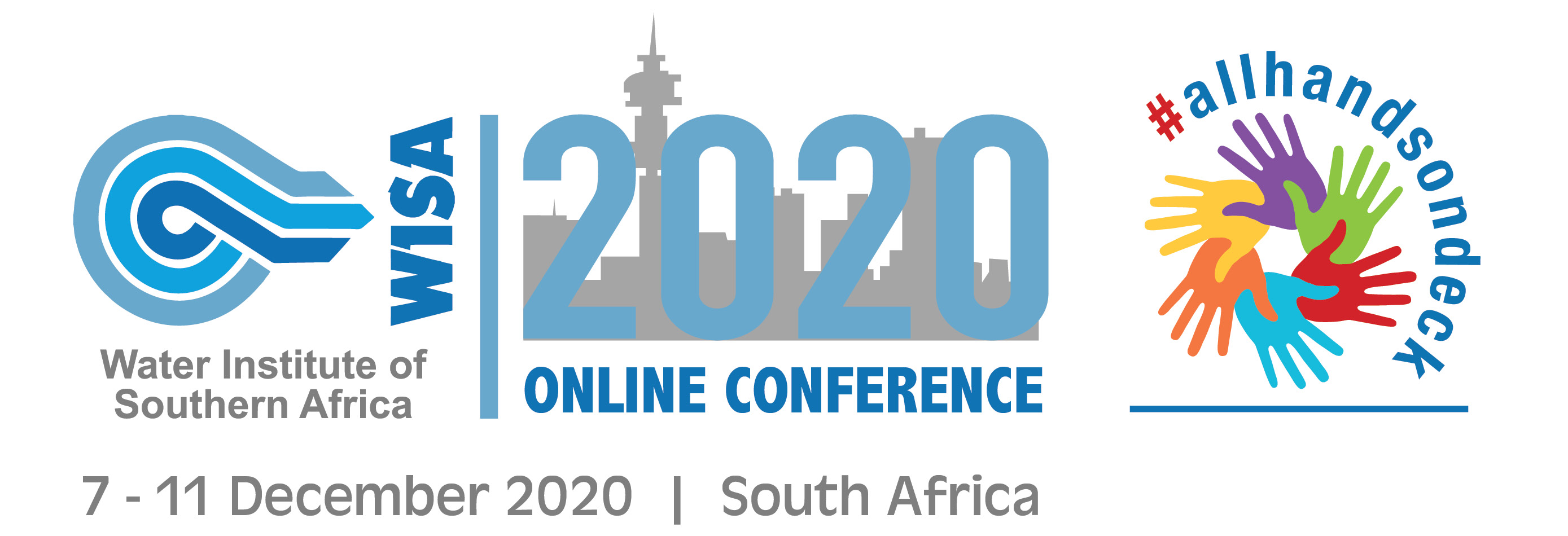Sanitation in the circular economy
Sanitation Disruption: Creating a new Sanitation Paradigm based on Circular Economy Principles
The topic is aligned to the theme: Develop skills and technology innovations and disruptors. The workshop aims to highlight an innovative and disruptive pathway for sanitation provision. The current sanitation engineering paradigm globally involves two technical approaches: sewer-based “flush-and-dispose” systems and on-site “drop-and-store” technologies. Both engineering approaches have their limitations. Scientific evidence indicates that sewer-based solutions cannot be scaled within the limited development target frameworks. Further, the requirements for laying sewers, energy and water, operation and maintenance costs, and skills requirement for upkeep mean that this engineering approach is not financially sustainable for the developing world. On-site sanitation approaches, while cheaper to implement than sewer-based approaches, are limited by poor user acceptance (compared to conventional flush approaches), odours and scant cost-effective means for the disposal of accumulated faecal sludges.
A new sanitation paradigm will be disseminated at the workshop and supported through presentations of evidence-based research. The core technical focus of presentations will be on “off-the-grid” sanitation technologies which employ circular economy principles of reduce, recover and recycle. The workshop will also include the strategy of creating an enabling environment for sanitation disruptors through field testing of disruptors, the creation of industrial platforms for manufacturing of technologies, establishing a new cohort of sanitation maintenance providers, and process performance standards.
